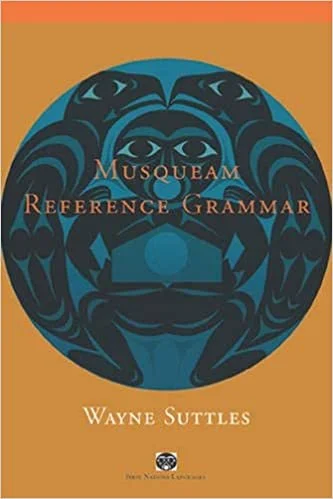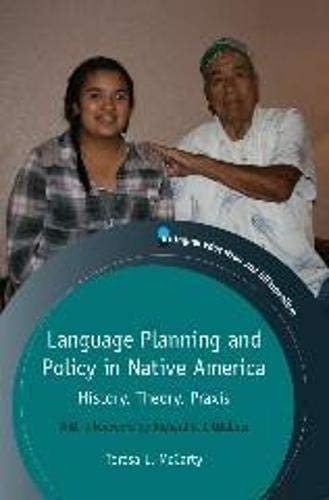Indigenous Languages
Indigenous Languages: Overview
Indigenous languages were forcibly taken from children at Residential Schools. Children were punished for speaking their language. Now, over generations, few Indigenous people are fluent in their Indigenous language. Many Indigenous languages are considered endangered, but Indigenous language champions are helping the next generation learn this integral element of culture. The United Nations Declaration on the Rights of Indigenous Peoples Article 13 states Indigenous people have the right to revitalize their languages. Part of Canada's Truth and Reconciliation calls to action also require support for Indigenous language revitalization.
Indigenous Languages: Web Resources
Circle of Indigenous Languages from University of Saskatchewan
What You Need To Know About Indigenous Language Revitalization
Statistics Canada Study: Aboriginal languages and selected vitality indicators, 2011
First Voices - resources to support Indigenous language archiving and teaching
Indigenous Language Revitalization: DVDs and Streaming










![Outline for a Comparative Grammar of Some Algonquian Languages - Ojibway, Cree, Micmac, Natick [Massachusett], and Blackfoot](https://images.squarespace-cdn.com/content/v1/6323a7c64a60e762fd209d8e/1668619021363-15UQPTBT70ASDJXLD2TM/Outline+for+a+Comparative+Grammar+of+Some+Algonquian+Languages+-++Ojibway%2C+Cree%2C+Micmac%2C+Natick+%5BMassachusett%5D%2C+and+Blackfoot.jpg)

